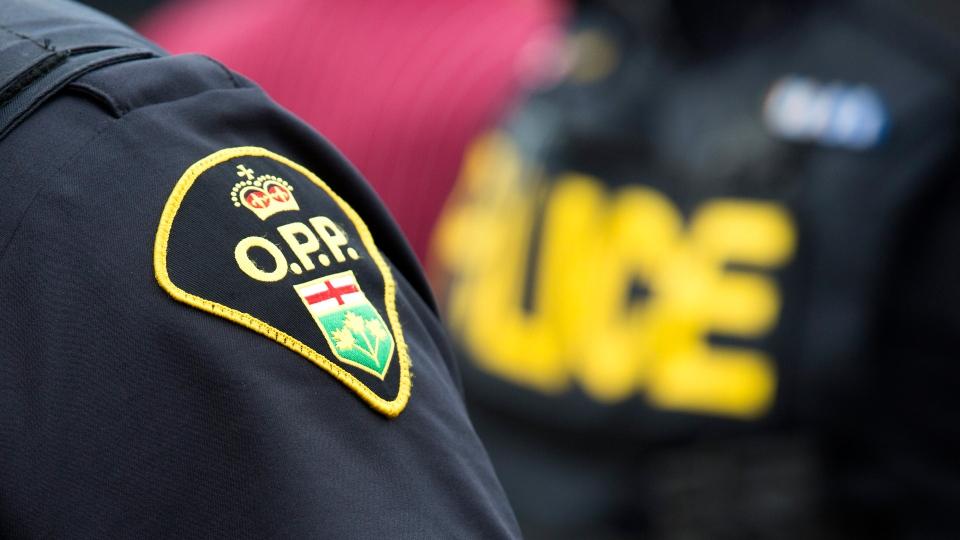Canadians now paying two carbon taxes while majority of countries are without national one

Posted Aug 9, 2023 11:12:10 AM.
Last Updated Aug 9, 2023 01:33:59 PM.
Following a second carbon tax imposed on July 1, Canadian Taxpayers Federation said it’s not the time to be increasing carbon taxes for taxpayers across the country.
Federal director of Canadian Taxpayers Federation, Franco Terrazzano, told The Sam Laprade Show on Aug. 8, the federal government has added a carbon tax of 14 cents per litre of gas for provinces and territories. But he noted, Quebec was granted a special deal on tax, at 10 cents per litre.
Terrazzano’s calling on the Trudeau government to make life more affordable for Canadians, at a time when the costs of necessities like groceries and gas are skyrocketing.
“Atlantic Canada will be getting hammered this winter as the carbon tax is applied on home heating oil at 17 cents per litre,” said Terrazzano.
While Canada’s climate change plan is aimed at lowering Canada’s greenhouse gas emissions, carbon tax hikes are increasing the cost of food for all Canadians, he added. With higher fuel costs, transport costs are also rising and this means food delivery to grocery stores will be more expensive.
“When you make it more expensive for farmers out in Alberta, Saskatchewan, and Ontario, to dry grain with natural gas or propane, you make food delivered to the store more expensive as well,” explained Terrazzano.
According to the Canadian Taxpayers Federation, Canada’s parliamentary budget officer relayed that average families in Ontario are paying an estimated $470 this year in carbon taxes, after rebates are factored in.
On July 1, Nova Scotia was by hit the largest carbon tax hike in Canadian history, jumping from about a two-cent per litre in tax to an estimated 14 cents per litre – with the federal carbon tax adding 12 cents per litre of fuel.
“A family fueling up their Dodge Caravan, the carbon tax cost alone went up around ten dollars in one day,” said Terrazzano. “What’s frustrating is that Nova Scotia was actually leading the way when it comes to emission reductions. They reduced emissions from 2005 levels by about 36 per cent without the massive carbon tax hike the Trudeau government has imposed.”
While an estimated 75 percent of countries don’t require their citizens to pay a national carbon tax, Canadians are facing two carbon taxes at a time when the cost of living is soaring, he pointed out.
To the contrary, many countries are cutting gas taxes, including Australia, New Zealand, Netherlands, and Germany, explained Terrazzano. South Korea has also cut gas taxes by 30 per cent and the UK has provided its citizens with millions of dollars in gas tax relief.
“While we’re paying two, many other countries aren’t even paying one,” he said. “We all want to help the environment but having carbon taxes that make fueling up a mini van or filing up a grocery cart more expensive, this does nothing to reduce emissions in places like China, India, Russia or the United States, where emissions are really a problem.”








